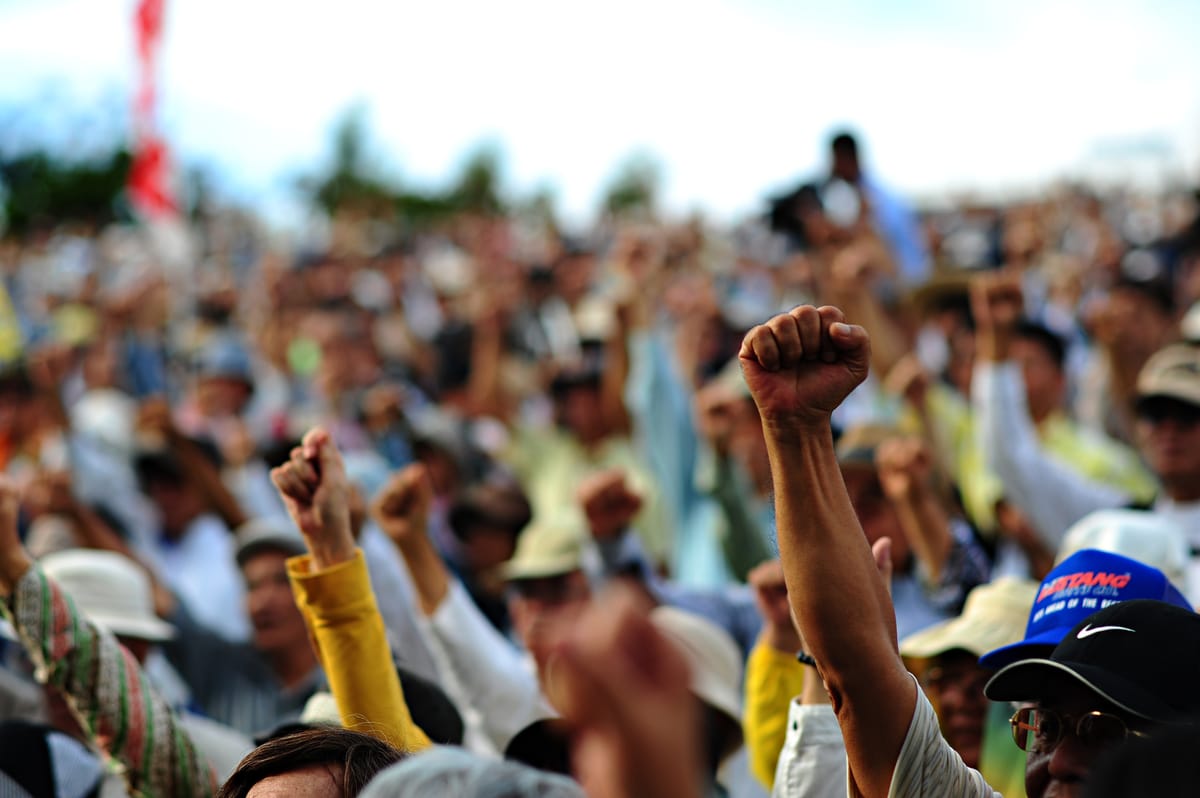Why Decolonising our universities is important

By, Halimo Hussein, Co-President for Equality and Liberation
Decolonising the curriculum recently hit the headlines again with the uproar from right wing media in response to comments made by Lola Olufemi, the Women’s Officer at Cambridge Students Union. Lola was scrutinised because of a letter she put forward to academic staff calling for the decolonisation of the English Faculty. Of course we are well aware of the tendency for right wing media to misrepresent and distort narratives, particularly those of women and people of colour.
We know it all too well, SOAS students union was subject to harassment and abuse just last year. The Daily Mail headlines read “students demand white philosophers be dropped from their reading lists!”. Decolonising as framed by the media promotes an message of exclusion as opposed to the real aims and objectives of decolonising the academy which is obviously more complex than just the trading of black theorist/academic in the place of white ones. It’s more to do with a question of value: who is valued and devalued within the realm of academia and what are the reasons/practices that allow this to happen?
Decolonising as I understand it is much more nuanced. It is a call for epistemic, economic and political justice. In addition to this, it is about the development of critical consciousness. By this I mean a critical engagement with the texts by placing them in context. In most cases when we talk about decolonising our reading lists and our language can often duplicate that of diversification and as such come off as tokenistic. Whilst the presence of writers of colours is symbolically important and necessary, there is a wider discussion that has to take place, one that interrogates forms of knowledge production and seeks to subvert the western canon.
Today we are lucky to be at a relatively progressive institution that acknowledges the importance of decolonising. In 2015, ‘Decolonising the curriculum’ was voted the number 1 priority by students in the strategic priorities referendum which of course reflects a positive engagement with the concept of decolonising from students, but how do actively go about decolonising the curriculum in a meaningful way? It is a question we often ask and there is a committed effort to producing an answer.
Some of you may be aware that SOAS has a history that is deeply intertwined with colonialism, it was a institution created for the purposes of furthering the colonial project. The university’s mission was to educate future colonialists who would go on to expand the vast British empire. SOAS’ motto is ‘knowledge is power’, when linked to its colonial past it evokes questions of how knowledge can be used to reinforce and uphold power structures. It is a history that makes the work of decolonising SOAS all the more important.
However, the discussions around decolonising SOAS can seem very focused on academia. Decolonising the university requires much more than a focus on reforming curricula, there should also be a conscious effort to challenge the structural inequalities that permeate the university, from racialized hierarchies amongst staff to racialized attainment gaps that exist amongst students. When it comes to challenging such injustices discourse won’t get us very far, radical organising and activism needs to be at the heart of our endeavors to decolonise the university. In the words of Robin D G Kelley “The university is not an engine of social transformation. Activism is.”




